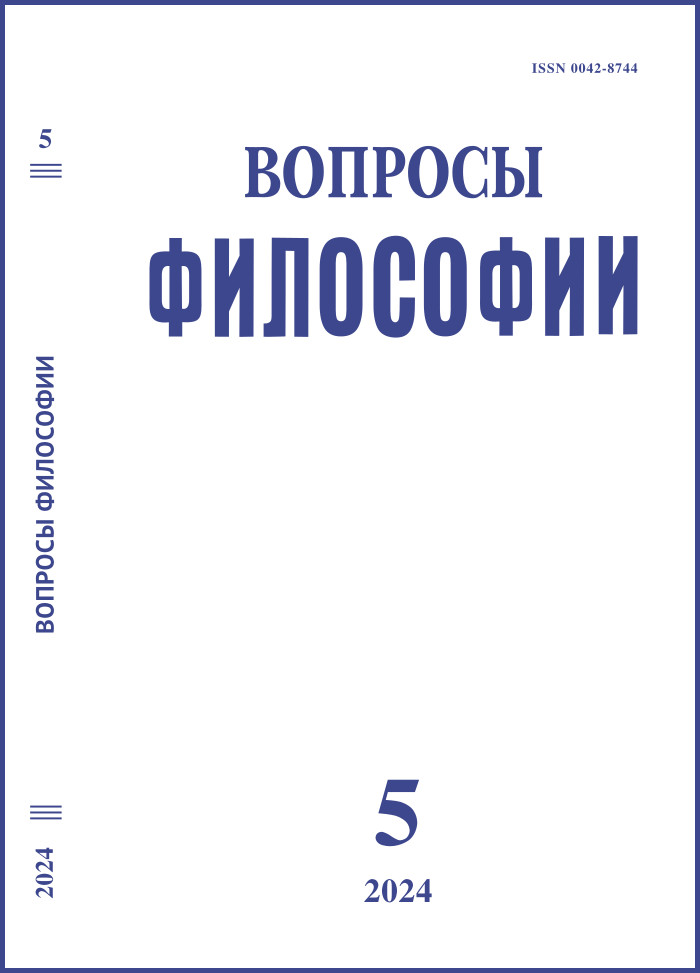The Impact of Digitalization on the Practice of Scientific Prevision: the Main Effects and Risks
DOI:
https://doi.org/10.21146/0042-8744-2024-5-160-170Keywords:
scientific prevision, forecasting, digitalization, big data, new empiricism, artificial intelligence, realism.Abstract
Digitalization and its impact on the practices of scientific prevision and everyday predictive practices, as well as on the strategies of scientific and everyday cognition, is a problem that is increasingly widely discussed both in scientific circles and on public platforms. The article clarifies what is meant by the process of digitalization and how it turns out in relation to scientific activity. It’s substantiated that the rapid progress of forecasting as a strategy of scientific foresight over the last century is due to both the growth of the capabilities of applied mathematics and the departure from the modern project of science as unlimited in its predictive capabilities. As a result, obtaining predictions based on laws is supplemented, and in some areas, replaced by the practice of prevision “beyond the limit of predictability” – by identifying quasi-regularities based on empirical information characterizing the behavior of the object. Despite the fact that predictive activity is formed primarily by quantitative methods, by the 1970s their limitations in the field of social processes are recognized. The limitations are due to the complexity of collecting and, as a consequence, the lack of empirical information, and digitalization leads to a better representation of social processes by fixing their course in the digital environment. All this information can be accumulated and processed thanks to big data technologies, which leads to the emergence of a computational social science project. It is shown that this project is integrated into a broader theoretical and cognitive initiative of the new empiricism, which calls for abandoning theories as a less effective way of ordering empirical information and moving from actual facts to the facts of possible experience, replacing them with more effective – calculations based on big data. The existing arguments against the ideas of new empiricism are analyzed, and it is concluded that in addition to big data, other risks associated with the use of artificial intelligence in scientific cognition should be analyzed.

